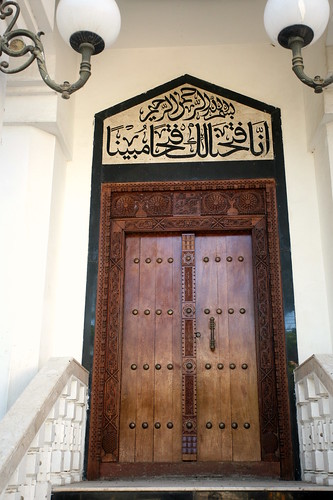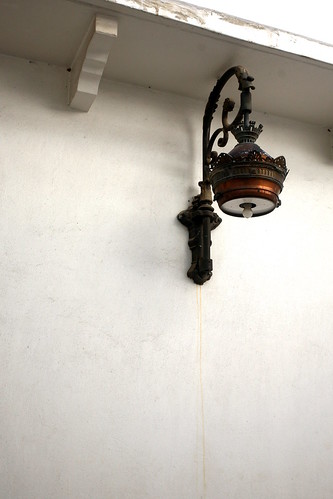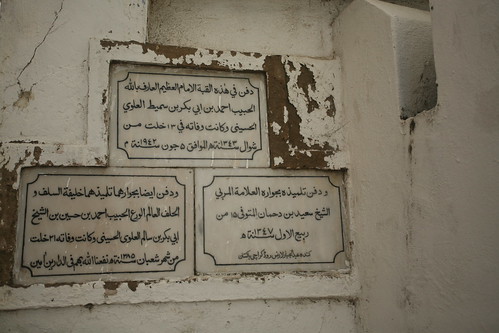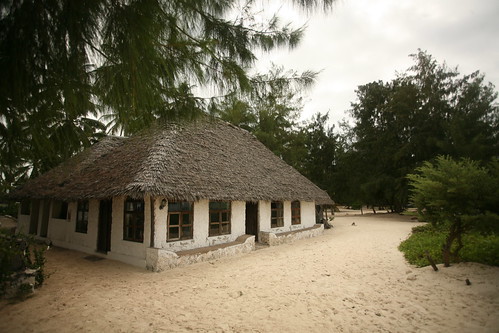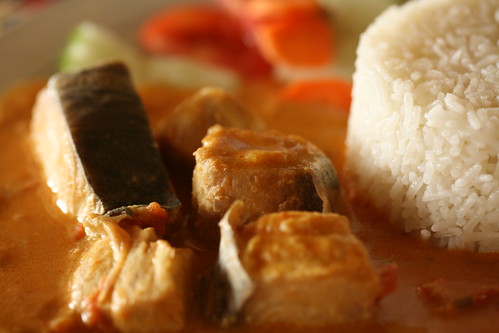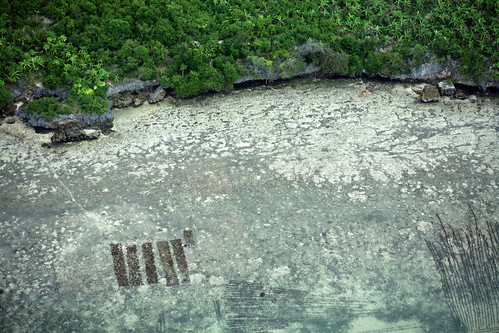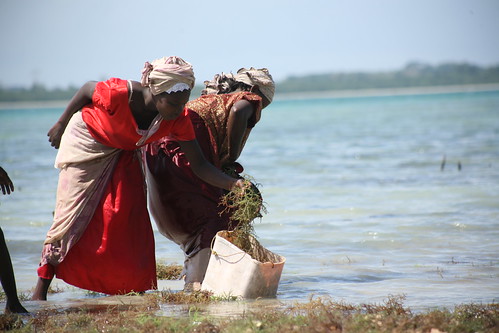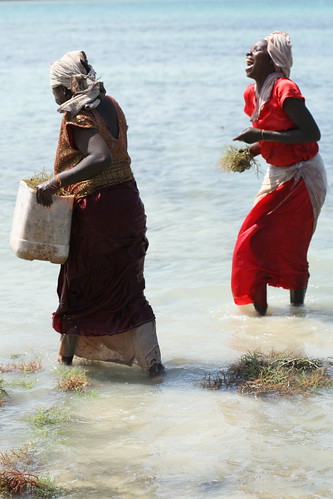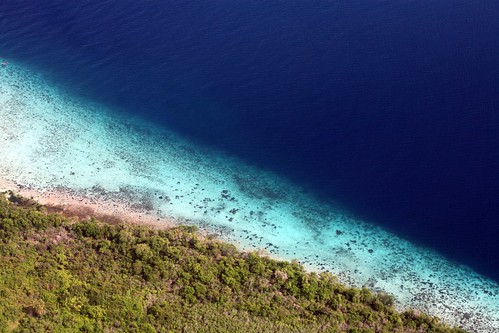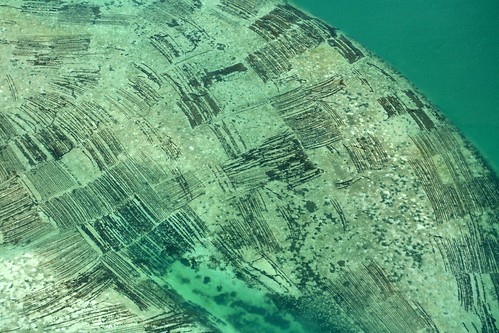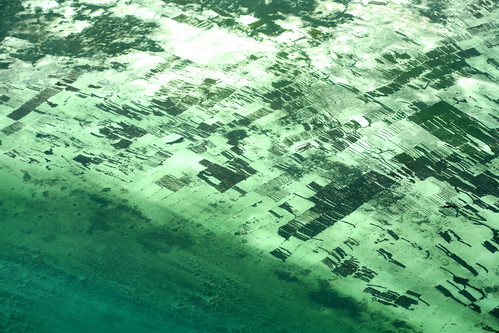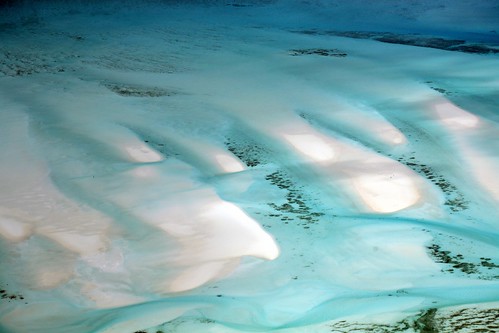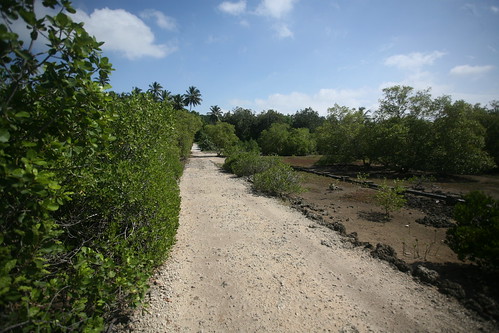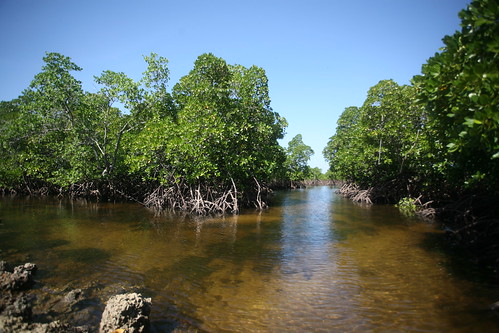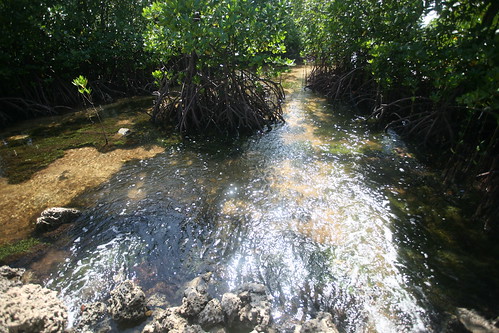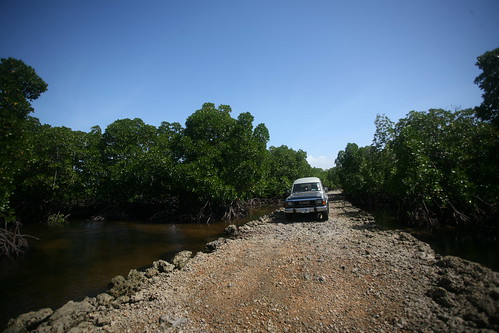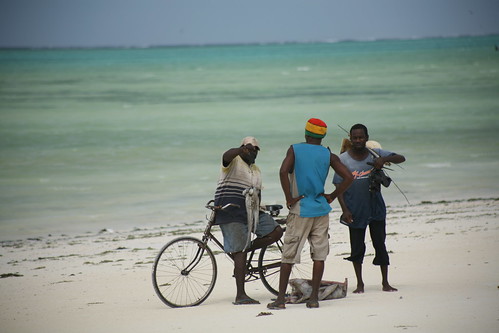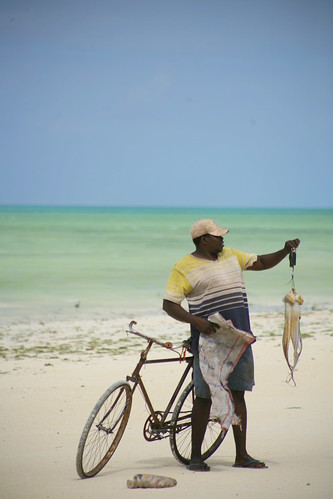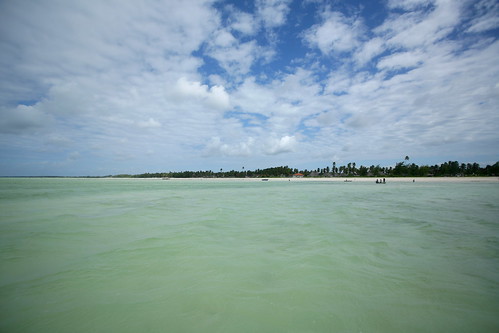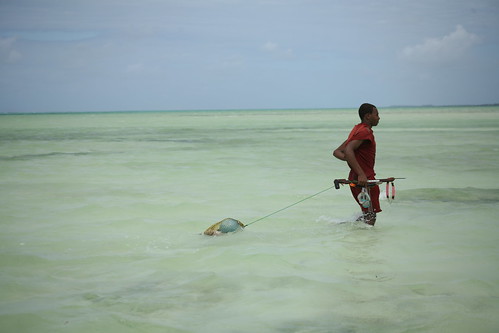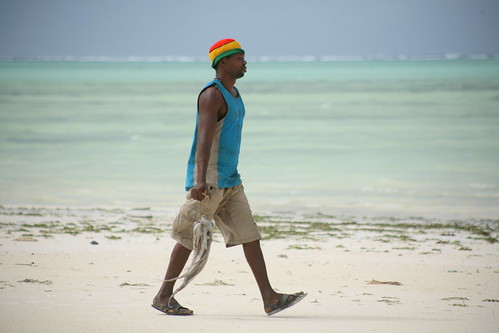pictures from Kiwengwa
Kiwengwa is just one of the many white sandy beaches of Zanzibar. Just about 40 kilometers northeast of Stonetown, the island’s capital, Kiwengwa is popular to the tourists – the village has at least 7 resorts – but more importantly to me, it also harbors a healthy concentration of seaweed farms.
a coconut tree that stoops so low it is almost horizontal
the beach of Kiwengwa
another postcard shot of Kiwengwa
It was high tide during my visit so instead, we just took in the view. Most notable in Kiwengwa are the tall and regal coconut trees. It seems that these trees are not harvested for their lumber as they now reach 50 feet, even more. The pictures, here, show how picturesque Kiwengwa can be.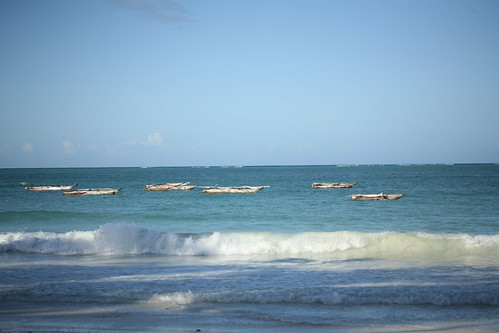
fishing boats docked in Kiwengwa's natural harbor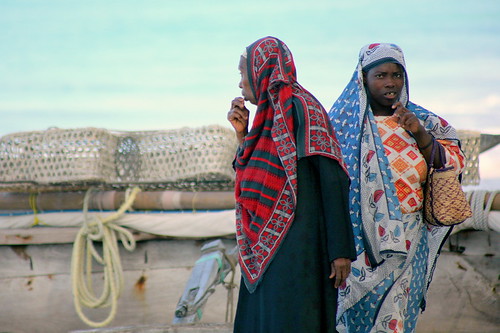
a couple of women in Kiwengwa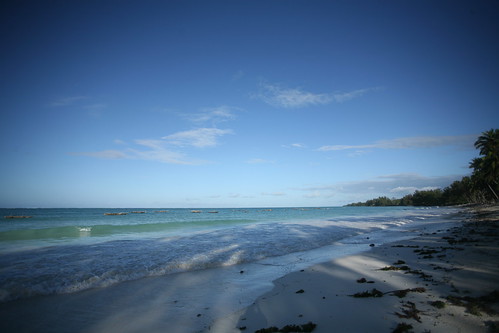
a desolate beach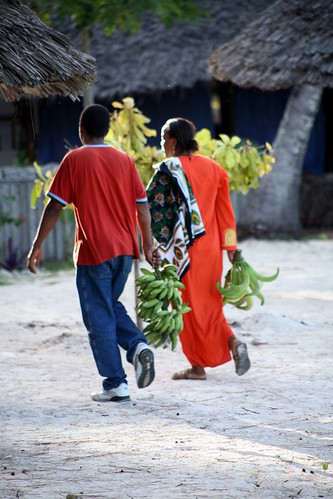
resort staff lugging some bananas








